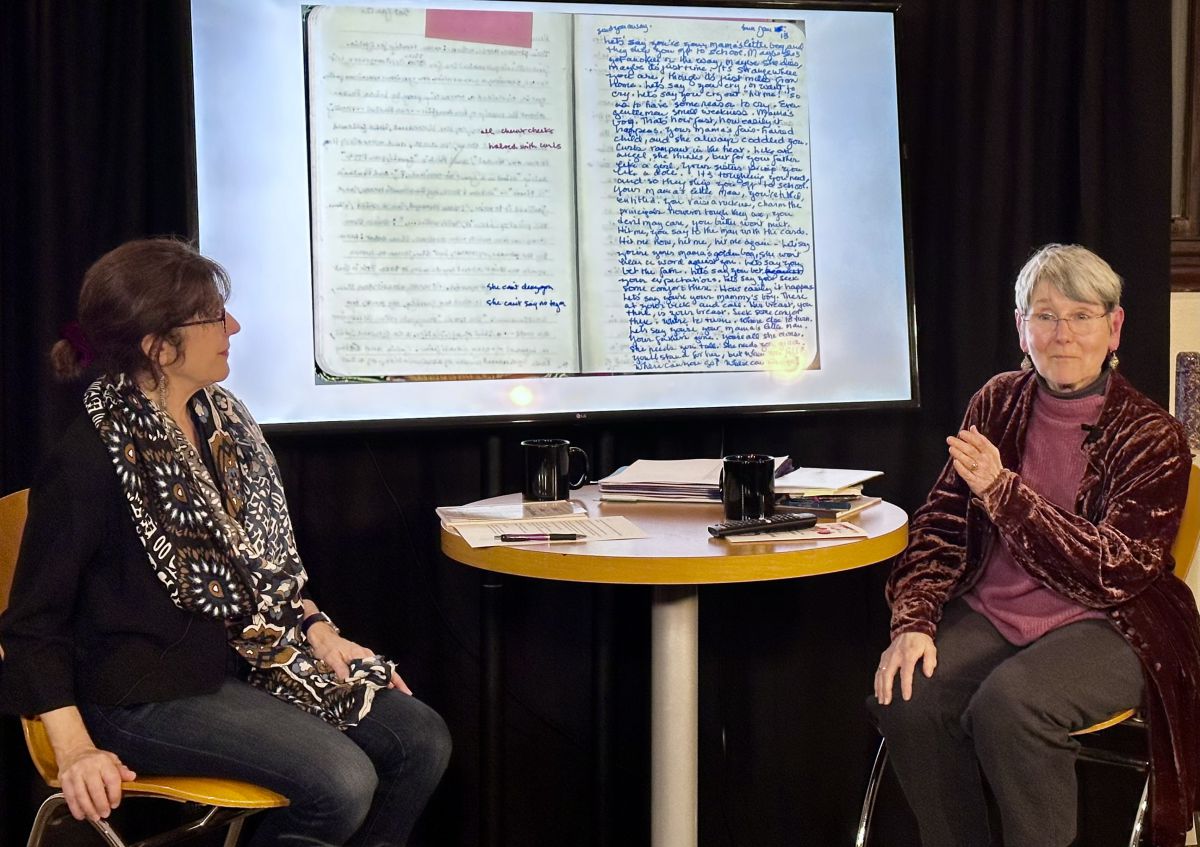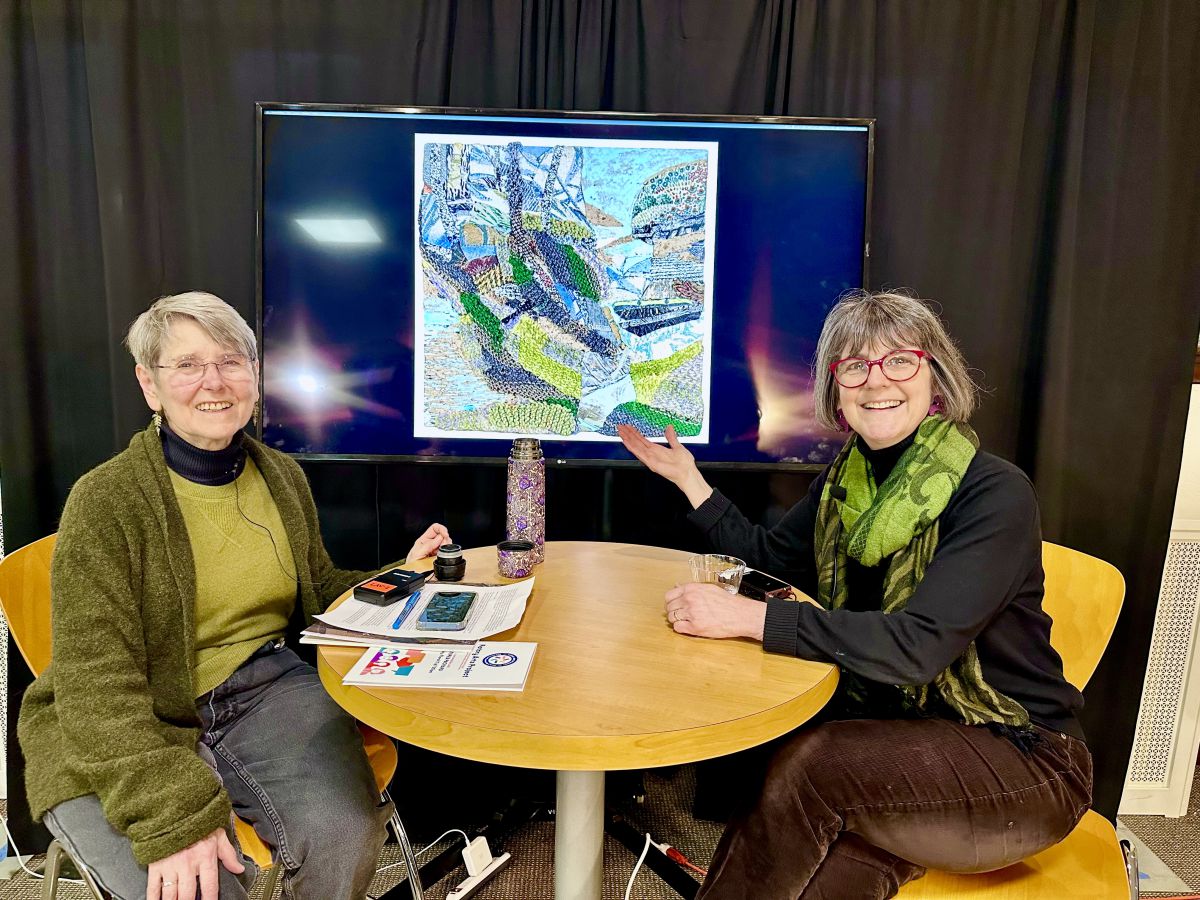Jennifer Jones
RI President 2022-23
David Houtz
District 7450 GovernorSwarthmore Rotary Leaders
Happy Dollarspledge $3,137
2021-2022 $4,476
BirthdaysCraig Fava
March 23rd | Brian H. Craig
March 28th |
Wedding AnniversariesYears of ServiceBrian Casey
03-27-2009
14 Years |
Guests Last MeetingJeff Rosenberg
| | Meetings and Events
Service Quotation“This country will not be a good place for any of us to live in unless we make it a good place for all of us to live in.” | |
4 Way TestOf the things we think, say or do- Is it the TRUTH?
- Is it FAIR to all concerned?
- Will it build GOODWILL and BETTER FRIENDSHIPS?
- Will it be BENEFICIAL to all concerned?
| |
Club NewsPresident Heather Saunders referred us to Jane Billings’ email of 3/15/23 about upcoming service projects at Swarthmore Rutledge School on April 19 and Little Crum Creek Park on April 21.
Jeff Rosenberg told us that his club, the Broomall Rotary Club, has been sponsoring a program run by John Butler, a teacher in the Philadelphia school system. John has been giving books to 1st grade students in areas with no access to school or community libraries. Broomall Rotary is committed to contributing one thousand dollars to John’s program this year. They are soliciting contributions from other Rotary clubs.
Elizabeth Churche’s Rotary Moment – Rotary International sponsored a webinar on empowering women on March 8. The focus of the webinar was on women in Africa, where many countries rank poorly on the Global Gender Gap Index. | |
Last Meeting Summary Work has changed in the 40 years since Studs Terkel wrote his classic book “Working”. Roberta Iversen told us that working life has gotten significantly worse for low-income workers. Roberta is a professor at the School for Social Policy at the University of Pennsylvania. She is also the wife of former Rotarian Gudmund Iversen. She explained that her new book “What Workers Say” picks up where Studs Terkel’s book stopped in 1980. She let some of the over 1,000 interviewees tell their own story in her book.
Roberta briefly outlined some of the ways that work for low-income workers has gotten worse in the last 40 years. She claimed that wage growth for most workers has been slow while that for the top 1% on the wage scale has increased tremendously. She said 44% of U.S. workers make less than $18,000 a year while the average pay of the heads of the 300 largest companies in the U.S. is $19 million. Manufacturing jobs have decreased because of factors such as moving factories overseas. Employers have stopped doing on-the-job training. She mourned a general demise in the social contract that used to exist between employers and employees. Roberta explained that while enough jobs are available to have almost full employment, most of these jobs are low-wage and unstable work in the service sector. Most of her interviewees worked in three areas: clerical, healthcare, and retail. Currently workers in these areas are less likely to be unionized compared to manufacturing workers in 1980.
Roberta believes the U.S. government should promote a manufacturing and construction practice of using more labor and less machines. She used as an example a Mexican road that was built with thousands of workers but no machines. Discussing the pros and cons of this suggestion would make for an interesting talk. | |
Anecdotal story on working conditionsAnecdotal comments from Barbara Whitaker-Shimko:
Bobbie's comments certainly struck home with me because of my work as a psychologist in private practice and custody evaluator for the court system. Some of my clients who worked at stores and restaurants told me they had no foreknowledge of what their work schedule would be. Because these establishments were open long hours, workers could be scheduled anytime of the day or evening. They were frequently called up and told to work the next day or even the same day. At other times they were called in to work and sent home after a couple of hours when business was slow. The workers were afraid to complain because they believed they would be given fewer hours or even fired.
This practice made it very difficult for workers to schedule school classes that would get them better jobs, meet doctor’s appointments, or arrange child care. This left the workers feeling powerless over their own lives. | |
Rotary Art ProgramThe third Rotary Art Program presentation was last week March 17. The attendance has been very good. Below are photos of the speakers and moderators. Thanks to Marv Gelb for these photos. The first program was Penelope Reed with Rosemary Fox moderating.  The second program was Natalie Anderson with Rosemary Fox moderating.  The third program was Andrea Packard with Natalie Anderson moderating.  | |
|

